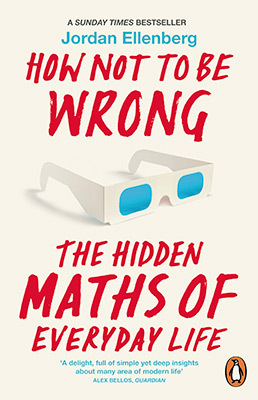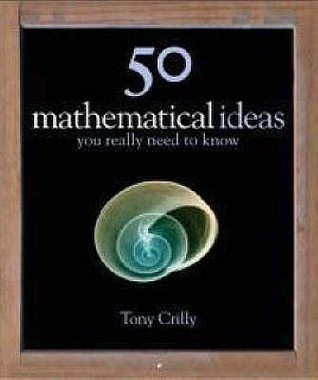
One, Two, Three: Absolutely Elementary Mathematics
Book Description
Numbers. They shape our world in ways we often overlook. In "One, Two, Three: Absolutely Elementary Mathematics," David Berlinski unveils the hidden wonders behind the simplest of concepts, revealing mathematics as a vibrant tapestry of human thought and creativity. With every page, readers are drawn into a realm where logic dances, chaos transforms, and patterns emerge from the mundane. Berlinski doesn't just teach; he ignites a passion for the elegance of numbers, challenging conventional perceptions of math as merely a tool. Can embracing the beauty of mathematics unlock a deeper understanding of the universe?
Quick Book Summary
David Berlinski’s "One, Two, Three: Absolutely Elementary Mathematics" takes readers on a philosophical and historical journey through the fundamental concepts of mathematics—numbers, addition, multiplication, and beyond. Far from being a dry textbook, Berlinski’s work is a lively meditation on the origins and power of numerical thought. With wit and intellectual rigor, he explores how basic mathematical ideas have shaped religious beliefs, scientific discoveries, and the framework of logic itself. Berlinski invites both mathematicians and lay readers to appreciate the simplicity and profundity of counting, calculation, and abstraction, ultimately revealing mathematics as a deeply human endeavor that is both mysterious and essential to understanding the universe.
Summary of Key Ideas
Table of Contents
The Origins and Philosophy of Numbers
Berlinski begins by delving into the origins of numbers, tracing how humanity moved from primitive counting to rigorous mathematical abstraction. He examines why numbers matter, not only as tools for trade or measurement but as constructs that underpin language and philosophy. This exploration challenges the reader to consider whether numbers are invented or discovered, and what this means for our relationship with reality.
The Structure and Mystery of Mathematical Operations
Expanding on the themes of addition and multiplication, Berlinski treats basic mathematical operations as acts of creativity rather than rote procedures. He elucidates why operations like division can appear paradoxical and how elementary concepts harbor deep philosophical problems. By reflecting on the way children learn to count, he reveals the intuitive leaps that mark every new mathematical insight, both for individuals and societies.
Mathematics as a Human and Historical Enterprise
Turning to the historical and human dimensions of mathematics, Berlinski details how different cultures have conceptualized numbers and operations. He discusses the mathematical advances of the Babylonians, Greeks, and Indians, and probes the Catholic Church’s historical unease with zero and infinity. These discussions show how mathematics has both united and divided societies, offering a common language while fostering debate over the infinite and the void.
The Intersection of Mathematics, Logic, and Reality
Berlinski weaves in discussions of logic, set theory, and the abstract structures that form the backbone of mathematics. He explores how math mirrors the order—and, sometimes, disorder—of the universe. The treatment of paradox, such as infinity and the ambiguous status of the number zero, illuminates the limitations of human knowledge and the exciting frontiers of mathematical reasoning.
Revealing the Beauty and Paradox of the Elementary
Ultimately, "One, Two, Three" encourages readers to appreciate the beauty in the basic elements of mathematics. Berlinski’s prose is playful yet profound, inviting us to marvel at how something as seemingly simple as counting contains within it both elegance and complexity. He makes a compelling case that to embrace elementary mathematics is not to trivialize it but to unlock a deeper wonder about the world and our place within it.
Download This Summary
Get a free PDF of this summary instantly — no email required.





